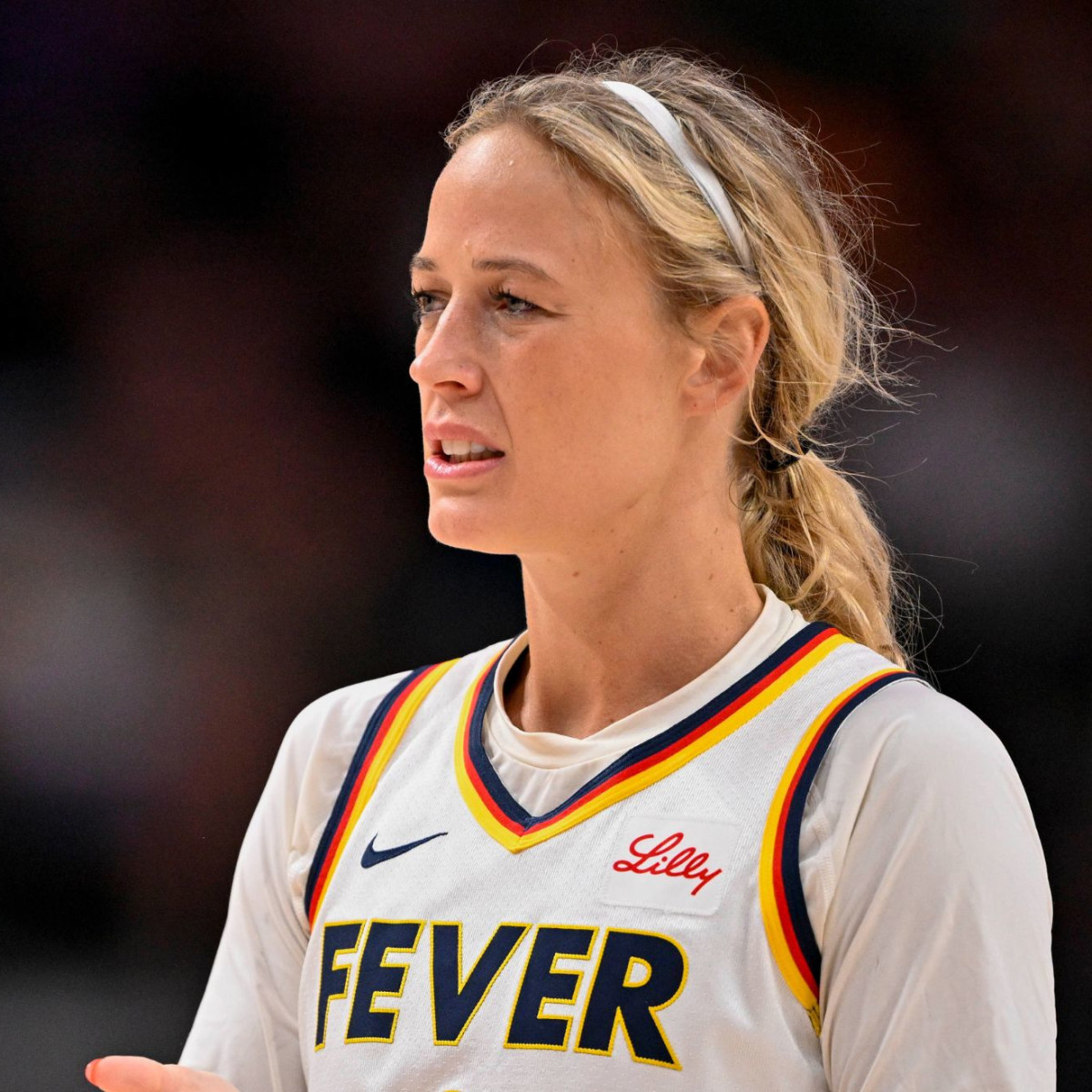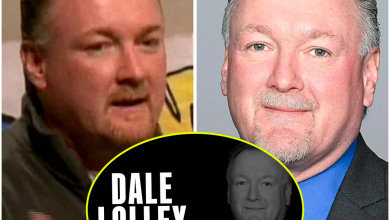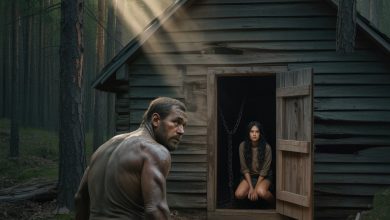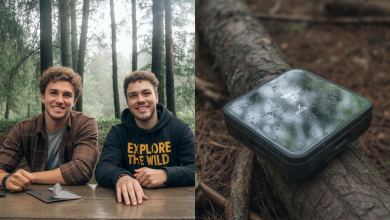'I'm So Sick': How Riley Gaines Barker and Sophie Cunningham's Call for Prayer Defined a Nation's Grief
In the chaotic, searing moments after a national tragedy, the digital world becomes a torrent of raw emotion. When the news of Charlie Kirk’s assassination broke, a nation already fractured by political division was plunged into a state of collective shock and grief. Amidst the immediate storm of hot takes, political blame-casting, and frantic analysis, two prominent athletes offered a response that was both profoundly simple and powerfully resonant. Riley Gaines Barker and Sophie Cunningham chose not to dissect the politics, but to diagnose a sickness in the nation's soul, leading a call for prayer that has come to define one of the most significant ways Americans are processing this unthinkable act of violence.
Riley Gaines Barker, the former collegiate swimmer turned activist, was one of the first influential voices to articulate the visceral sense of devastation felt by millions. «I’m so sick. Literal disbelief,” she wrote on Instagram, her words capturing the gut-punch of the news. She didn't point fingers or call for retribution. Instead, she offered a spiritual diagnosis of the moment. “We have a sickness in our society. The truth is so hated,” she wrote, framing the assassination not as a political failure, but as a symptom of a deep and pervasive moral decay.

Her message culminated in an appeal that cut through the noise with its clarity and sincerity. “Stop what you’re doing and say a prayer to the Most High for Charlie Kirk and his family.” In an instant, her post became a digital sanctuary, a gathering place for those who felt helpless and were searching for a way to channel their sorrow into something meaningful. It was a call to turn inward and upward, a testament to the enduring power of faith in times of unimaginable darkness.
Her call was quickly amplified. In the comments section, a simple, two-word message appeared from Indiana Fever guard Sophie Cunningham: “Prayers up.” Though brief, the public solidarity from the WNBA star was significant. It demonstrated that this faith-based response was not confined to one ideological corner of the sports world. It was a shared human reaction to a human tragedy, a quiet but firm statement that before any political debate could begin, a moment of spiritual reflection was necessary. The combined Riley Gaines Barker and Sophie Cunningham reaction created a powerful narrative of mourning, one that prioritized solace and contemplation over the immediate, and often divisive, demands of political discourse.

Their approach, however, was not the only one. The tragedy also exposed the deep fault lines that run through the country, with other athletes offering a starkly different, yet equally passionate, response. New York Liberty star Natasha Cloud, for instance, saw the call for prayer as insufficient, even reckless. She took to social media to issue a fiery demand for stricter gun laws, framing Kirk’s murder as a preventable failure of policy. “Continuing to send families prayers instead of voting for legislation to ACTUALLY protect those families and yours is reckless,” she wrote, drawing a sharp distinction between faith and what she viewed as tangible action.
This dichotomy between prayers and policy highlights the two Americas that are grieving today. It’s a nation where citizens, faced with the same horrific event, instinctively turn down two very different paths to find meaning and solace. One path leads to a spiritual accounting, a belief that the crisis is rooted in a sickness of the soul that can only be healed by faith and a return to moral principles. The other leads to a political accounting, a belief that the crisis is rooted in flawed systems and that the only cure is legislative action and societal reform.

Neither response is inherently right or wrong; they are both deeply felt reflections of a polarized nation grappling with an unspeakable act. The assassination of Charlie Kirk has once again proven that athletes are no longer just entertainers; they are among the most influential voices in our national conversation. Their platforms are the new town squares where America debates its identity and mourns its losses.
The reactions of Riley Gaines Barker and Sophie Cunningham have carved out a crucial space in this painful dialogue. They have reminded the country that amidst the urgent calls for action, there is also a profound need for quiet reflection, for empathy, and for a sense of shared humanity that can only be found in moments of prayer and spiritual solidarity. Their call to seek the light in a time of darkness was a powerful act of leadership, offering comfort and a path forward for millions of Americans who believe that before we can hope to heal our nation, we must first tend to its soul.



